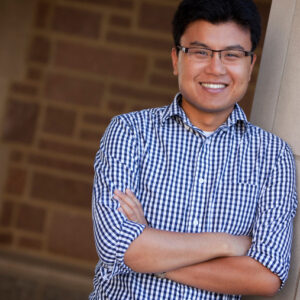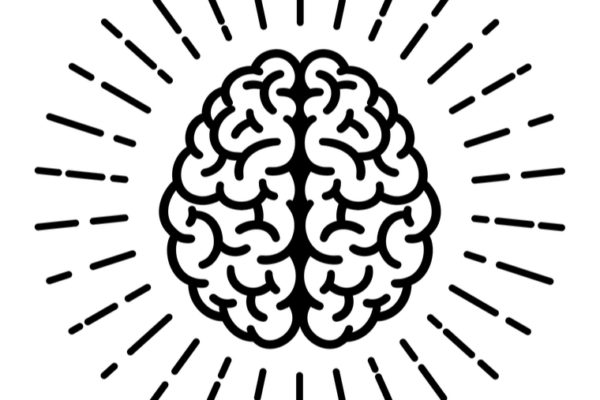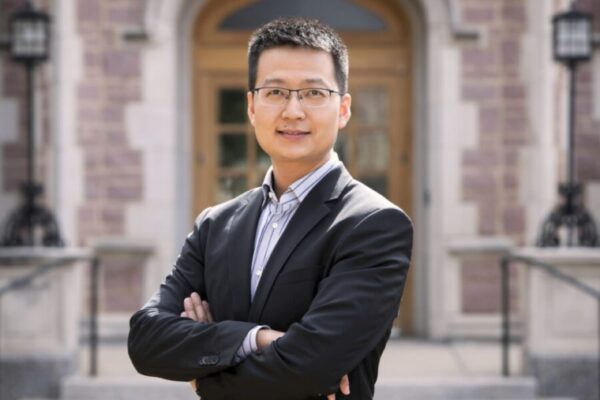Precision medicine, which considers the unique characteristics of individuals to provide the most effective treatment, has been a goal of health care providers for decades. Now, it is a goal for helping those with critical neurological illnesses, such as stroke, traumatic brain injury and spine trauma, to track and predict secondary injury, such as seizures, and create new treatments.

ShiNung Ching, associate professor of electrical and systems engineering at the McKelvey School of Engineering at Washington University in St. Louis, along with Rejean M. Guerriero, DO, and Terrance Kummer, MD, PhD, both associate professors of neurology at Washington University School of Medicine, plan to develop a model to detect and track critical neurological illnesses with nearly $1 million over four years from the National Institutes of Health (NIH). The grant is part of the Smart and Connected Health in the Era of Artificial Intelligence and Advanced Data Science program, a joint initiative between the NIH and the National Science Foundation. The goal is to predict active interventions and therapies that could potentially prevent these secondary injuries, which can have lifelong implications.
To do so, they will develop a method to track and predict when circuits in the brain undergo unexpected changes in individuals, both with neurocritical illnesses and without, by using data from electroencephalographic (EEG) and other noninvasive recordings of the brain.
Read more on the engineering website.


